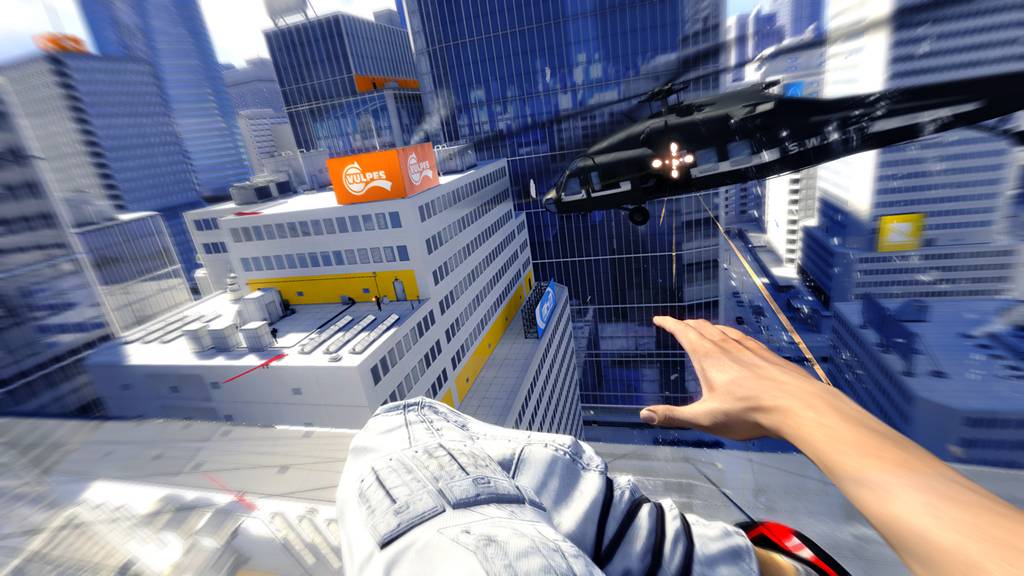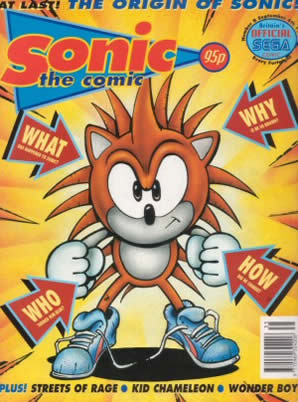This post has not been edited by the GamesBeat staff. Opinions by GamesBeat community writers do not necessarily reflect those of the staff.

After finishing Mirror's Edge, I disagreed with the bullet point commonly listed in the con column of reviews: It was too short. At about six hours, I felt the game told its story as best it could without unnecessary fluff. It was an unremarkable mystery/rescue story, but my indifference towards The City and its nefarious goings-on would have turned to resentment had I been forced to parkour my way over many more of its rooftops.
Now compare Grand Theft Auto 4 to the GTA "Episodes," The Lost and the Damned and The Ballad of Gay Tony. Niko in GTA4 stumbled all over Liberty City, running errands for traitors as if he'd never played a GTA game. Episode protagonists Johnny and Luis, on the other hand, had one problem each to fix. I didn't tire of them, and I finished their episodes grinning because I had ridden a simple, satisfying story arc. When I had finished with Niko's revenge, I felt glad to be done with the meandering, 30-hour game.
So people should just stop complaining that games are too short, right? Yes and no.

I find the argument that there should be some sort of golden ratio between price and length hard to swallow because it's too simplistic. It doesn't take into account replayability, alternative paths and moral choices, multiplayer, or the fact that coke dealers can get away charging for a 15-minute high.
But when you're enjoying a game, you want to spend more time in that universe, right? You want to know how Spartans came to be in Halo. You want to know exactly what happened between Anderson and Saren in Mass Effect. You want to know Sonic's favorite food. (Answer: Chili dogs. Now you don't have to investigate the comics, choose-your-own adventures, novels, or cartoons.)
The answer isn't to add 10 hours to a game. That'll just ruin a story that should've lasted six hours, or hide it under too many side quests and tangents — not every game can be Fallout, you know. Instead, you need an entirely new story.
That could be the next game in the series or a chunk of downloadable content. And while those are in development, publishers are increasingly waking up to your desire to explore these universes. They're commissioning novels, comics, and TV series that are at least as well-written as the games on which they are based.

THQ's Homefront games (two are planned so far) and novel all tell different stories within the same universe. The novel will follow a Los Angeles journalist during North Korea's initial invasion of the United States, the first game will focus on a Colorado-based resistance movement, and the second game will feature characters on the other side of the irradiated Mississippi River.
Hopefully, this approach will allow writer John Milius (Apocalypse Now, Dirty Harry, and many more) and colleagues to tell a few self-contained stories against the grander, but less personal, paranoid setting of a communist takeover.
Similarly, the Halo novels explain some of the main series' mysteries, while the excellent I Love Bees radio drama/alternative-reality game showed us how regular people live in UNSC space.
The common theme here is that instead of extending the story of a game with an extra few hours, writers have kept their universes interesting by exploring different parts of them with different characters. Unlike movies based on games, they're not trying to cram a game's story into another container or retell it for a different audience — often the games' own writers are extending their own fiction for people already familiar with it.
Your enjoyment of these side stories, sequels, and prequels is going to hinge on your investment in their respective worlds. But if you liked a game enough to complain that it was too short, odds are you've got time to see what else is going on in that universe.
What's your experience with game stories in other media? Do you care enough to read a book based on a game? Do you still want more/longer games? I'd love to hear your input in the comments.
